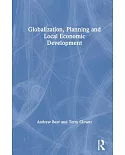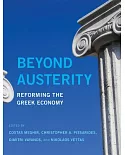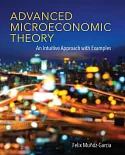This book is a concise treatise of the alternative paradigms used in BRICS countries to tackle urban housing shortages. There are a number of alternative methods for meeting these shortages
which BRICS countries have adopted. These alternatives may agree in terms of desired outcome, but when it comes to approach, mechanics and scope, they are entirely divergent. By focusing on the
political economy and the international structure of each BRICS country, these perspectives present alternative and often conflicting approaches to the attainment of better housing.
Development Paradigms for Urban Housing in BRICS Countries explores the various political, economic, institutional and cultural factors that have shaped the housing outcomes in
BRICS countries that we see today. The book uses a framework which allows comparison between Brazil, Russia, India, China and South Africa, whilst recognizing the differences in the
development path that each of these countries has taken.





















